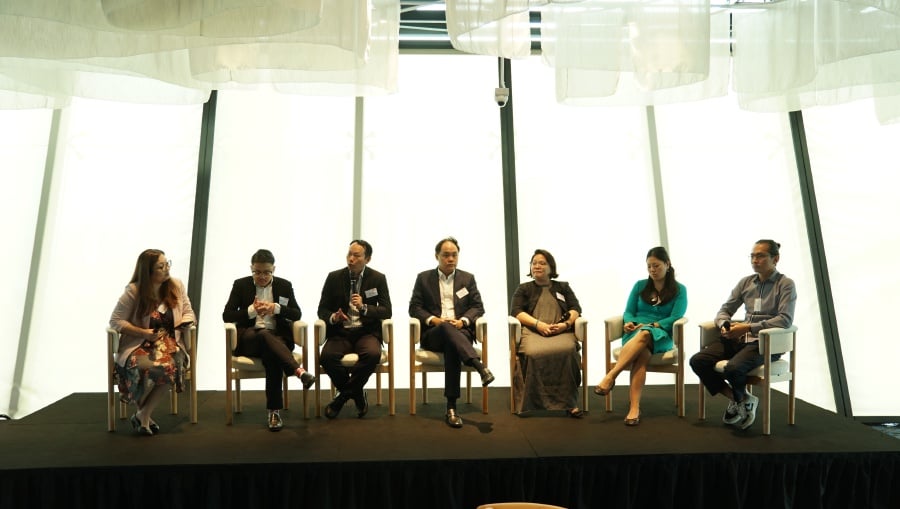By Sharen Kaur - July 18, 2024

KUALA LUMPUR: The local real estate market is experiencing growth thanks to a more favourable investment climate driven by strategic government initiatives.
This surge is particularly evident in the high-end residential sector, where sales have seen significant increases.
The first quarter of 2024 (Q12024) saw 3,413 high-end residential units sold in the Klang Valley for RM2.8 billion, marking a 19.2 per cent increase in volume and a 19.3 per cent rise in value, according to Knight Frank Malaysia's Real Estate Highlights 1st Half of 2024 (REH) report that was unveiled yesterday.
It revealed that three new high-end condominium projects contributed 1,846 units to the market. Looking ahead, an additional 5,866 units are expected to be completed in the second half of 2024.
Overall, the report underscores a resilient real estate market across various sectors including residential, office, retail, hospitality, and industrial, spanning regions like the Klang Valley, Penang, Johor, Sabah, and Sarawak.
Johor saw a significant growth in transaction volumes and values within both the condominium and serviced apartment segments.
"Several high-rise residential projects were launched, reflecting a vibrant market driven by strategic developments like the upcoming Johor Bahru-Singapore Rapid Transit System (RTS) Link," said Knight Frank Malaysia group managing director Keith Ooi.
According to the report, the high-end residential market in Penang continues to be buoyed by strong demand, particularly in areas with high connectivity and amenities.
New properties featuring upgraded amenities are expected to boost the rental market in Penang, drawing tenants and fostering rental growth across various neighbourhoods.
In Sabah, the high-rise residential schemes are particularly targeted at small to mid-sized households, reflecting a focus on lifestyle and convenience, while Sarawak's economic growth, with a gross domestic product of RM146 billion achieved in 2023, is supporting increased activity in the high-end residential market.
"The market (in Sarawak) is seeing a rise in both transaction volume and value, driven by ongoing infrastructure developments such as the Automated Rapid Transit (ART) and hydrogen buses, which enhance the attractiveness of high-end residential properties in the region," Ooi said.
Meanwhile, the findings of the report underscore the strategic importance of the industrial sector in the country's economic landscape.
Major investments in data centres, notably by Google in Klang Valley, and an upward trend in the manufacturing sector underscore the sector's growth.
Key infrastructure projects such as the East Coast Rail Line (ECRL), Johor Bahru-Singapore Rapid Transit System (RTS), Pan Borneo Sabah, and MyDigital 5G are expected to further enhance connectivity and support the sector's growth.
"All of these indicate a strengthening investment climate, driven by strategic government initiatives and a supportive regulatory environment," Ooi said.
The mid-year review highlights a promising trajectory for the property sector, supported by robust economic growth, significant investments, and adaptive market trends, he said.
"Malaysia continues to show promising growth prospects, bolstered by strategic investments, infrastructure improvements, and evolving market dynamics," Ooi said.
In terms of the office market, Ooi said that it continues to draw multinational corporations, buoyed by competitive rental rates, a skilled workforce, and robust government support for the digital economy.
No comments:
Post a Comment